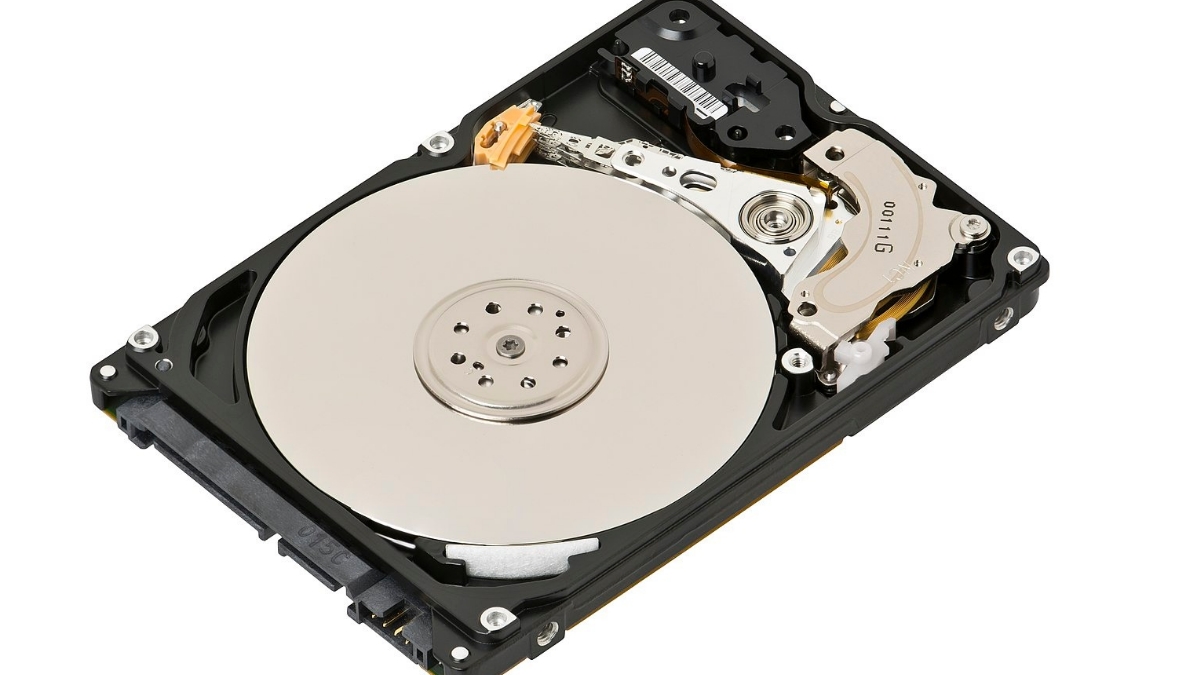Get To Know All About The Solid State Drives And Hard Disk Drives

In today’s digital age, choosing the right storage solution is crucial for optimising both personal and professional computing experiences. Hard Disk Drives (HDDs) and Solid State Drives (SSDs) are the two primary types of storage devices, each with distinct characteristics that impact performance, reliability, and cost. Understanding these devices can help you out in making better decisions. Let’s get to know in this article about their working, performance, and best option for you based on it.
Origin of SSD and HDD
The Hard Disk Drive and Solid State Drive were developed at different points of time. The HDD was invented by IBM in 1956. The first model was the IBM 350 Disk Storage Unit, part of the IBM 305 RAMAC computer. It used to use 50 spinning disks (24 inches in diameter) to store just 3.75 MB of data. Earlier the HDDs were bulky, slow, and expensive. As time passed and technology developed the size of the hard drive became smaller and it became cheaper for the buyers.
The Solid State Drive dates back to the 1950s and had earlier limited usage because of its high price. During this period there were two similar technologies known as card capacity read-only store and magnetic core memory. Despite a major wave of implementations of SSDs in the 1970s and 1980s, its high price caused limited usage. In 1983, a 128 KB SSD cartridge, Sharp PC-5000, came up and had a bubble memory. After that Tallgrass Technologies Corporation came up with a 20MB solid-state unit that was used in a computer like any hard drive. Then Santa Clara Systems came up with the BatRam, a 4MB mass storage with the capability to expand up to 20MB with the aid of a 4MB module. In the 2000s the first SSDs came in the market during the rise of netbooks.
Writing speed of HDD And SSD
The writing speed of an HDD (Hard Disk Drive) and an SSD (Solid State Drive) differs significantly due to their different technologies When it comes to HDD writing speed it ranges between 50 MB/s to 150 MB/s. This speed basically depends on the rotation speed of the drive. Common HDDs have speeds of 5400 RPM or 7200 RPM, with higher RPM drives being faster. SDDs are faster than HDDs, with writing speeds ranging from 200 MB/s to over 5000 MB/s, depending on the type of SSD. SSD is faster because of the absence of any moving parts which helps in faster data access and write times compared to HDDs.
Mechanics
When we talk about HDDs (Hard Disk Drives) it basically uses spinning magnetic platters and read/write heads to store and retrieve data. It’s like a retro music player that had a cassette spinning and a head over it reading it. So this means the HDD has to rely on mechanical movement to function, which makes them susceptible to wear and tear over time. This is not the case with the SSDs (Solid State Drives) because they use flash memory to store data, with no moving parts involved. This solid-state technology is more robust and less prone to mechanical failure.
Speed
When it comes to speed data transfer, data access SSD stands ahead of the HDD. The reason being the faster boot times, faster file transfers, and improved overall system responsiveness. HDDs, with their spinning disks and moving read/write heads, are slower because data retrieval in HDD depends on mechanical movement to locate and access data. SSDs can access data almost instantaneously due to their lack of moving parts.
Performance
As far as performance is concerned, SSDs generally outperform HDDs in almost every aspect. SSDs enhance the performance of applications, decrease load times, and provide a more seamless experience for tasks requiring rapid data access. HDDs lag behind in performance because of their mechanical nature, which leads to longer seek times and slower data retrieval. This can be an issue when you want fast data transfer or retrieval.
Best choice to make
You have got to know the best up until now though we still have to say that the best option depends on your needs and budget. SSDs are generally preferred for their superior speed, reliability, and performance, making them ideal for tasks demanding high data access rates or for improving overall system efficiency. However, HDDs can be best when you want to buy a storage device that is affordable and when you are not performing any performance-intensive work.


